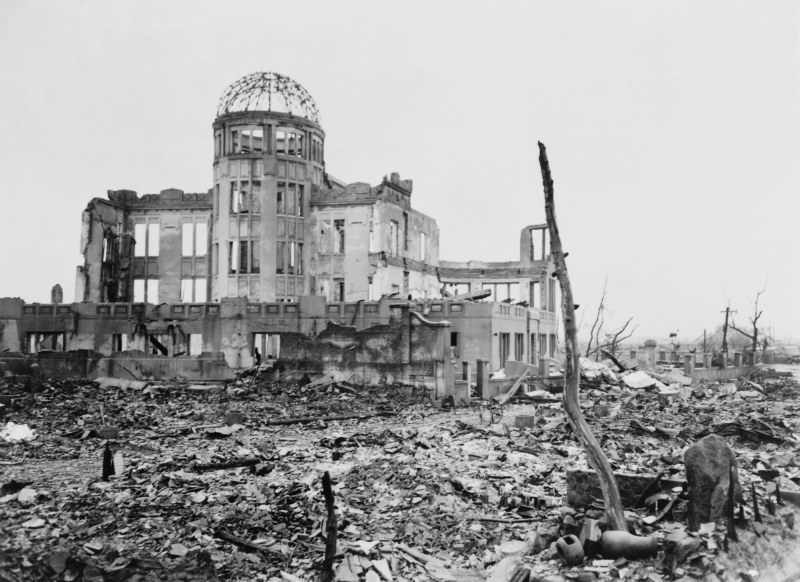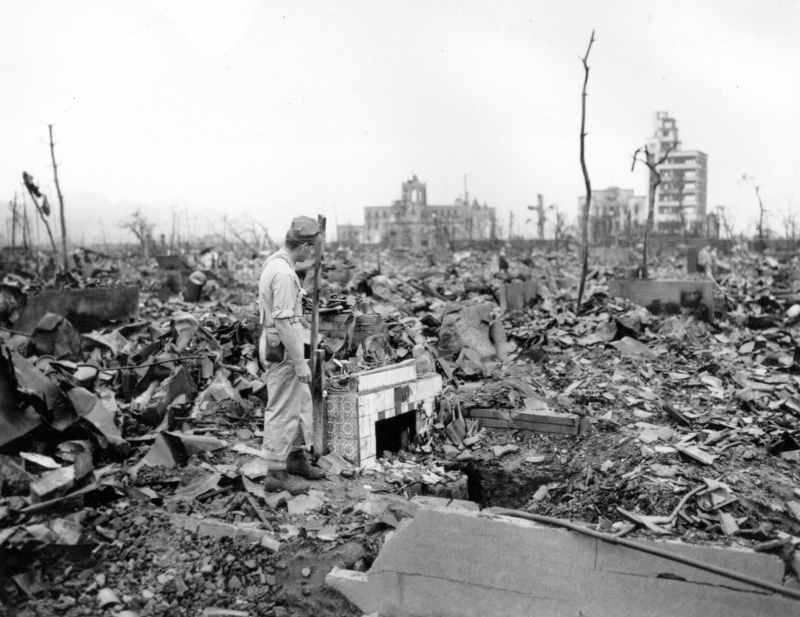The atomic bomb caused the Japanese to surrender
Because of the atomic bombs that were dropped on Hiroshima and Nagasaki, the Japanese were forced to surrender. Every movie that depicts the conclusion of the Pacific War makes this claim. In many, a picture of a mushroom cloud appears before shots of revellers in Times Square. The fact that the two atomic bombings were not the two most catastrophic bombing attacks on Japan during the war is not mentioned. Bombing strikes, particularly the feared fire bombings that frightened the populace, had already destroyed over 60 Japanese cities.
Despite the fact that Japan's surrender was ostensibly unconditional, there were a number of considerations that made it possible for them to accept it. The first was the power to preserve the Emperor's throne. Another was the Soviet Union's troop pullout after it invaded Manchuria and declared war on Japan. For the Japanese, who had already lost their fleet and the most of their air forces, the Soviet invasion resulted in a battle on two fronts.
Even though Japan was already defeated before the atomic bomb was detonated, the two bombings and the prospect of additional ones undoubtedly contributed to their decision to end a conflict they were plainly losing. They lacked food, oil, and several medications. Even the most fervent warmonger among them could see by that point that the Americans would not back down and that the Russians were on their way. In the end, it was the emperor who consented to abdicate and make his first speech to his subjects.












